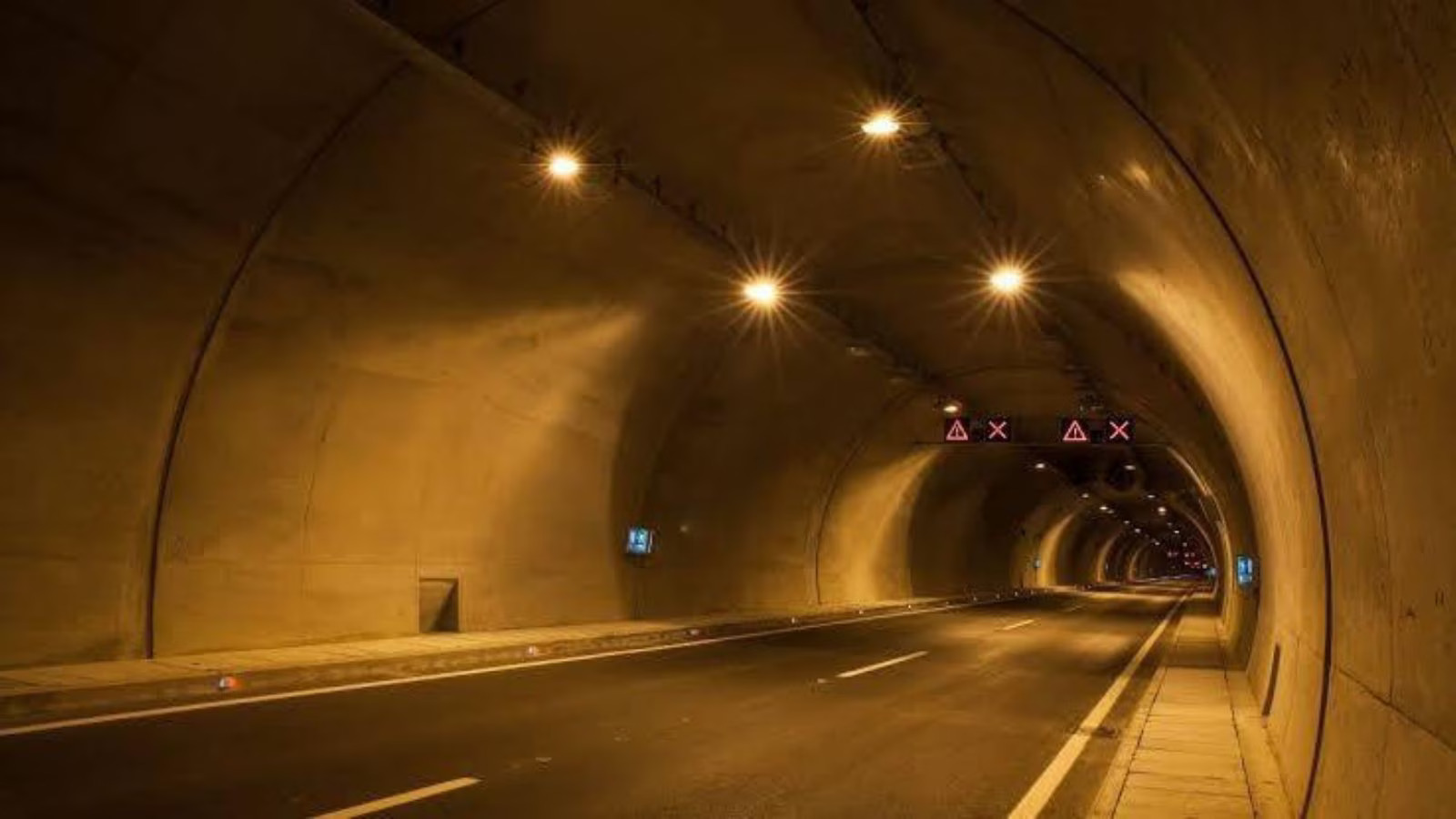Bengaluru authorities have launched a Rs 177 billion tender for a twin‑tunnel road between Hebbal and Silk Board to relieve congestion along the city’s north‑south corridor. This major infrastructure initiative, floated on a build‑own‑operate‑transfer (BOOT) basis by Bengaluru Smart Infrastructure Limited (B‑SMILE), proposes two underground corridors with ramps and entry points, aimed at decongesting one of India’s most traffic‑choked urban arteries.
The plan divides the project into two 8.748‑kilometre stretches — Hebbal to Race Course Junction (Package 1, Rs 87.7 billion) and Race Course to Silk Board (Package 2, Rs 89.28 billion). Each segment will feature a three‑lane twin tunnel with multiple entry and exit ramps. Bidders must submit an Earnest Money Deposit of Rs 446.4 million, and a concession period of 34 years — including a 50‑month construction window — has been proposed. This tender is set to open in September, and qualified bidders must be registered with agencies such as BBMP, CPWD, KPWD, Indian Railways, MES or NHAI. Civic planners envisage the corridor drastically reducing surface traffic, particularly on the severely congested Old Mumbai–Pune Highway, and enabling smoother commuter movement across north to south Bengaluru.
Transport experts, however, have raised sharp criticisms. They argue that the Rs 177 billion earmarked might be better directed to expanding mass transit systems such as metros, suburban rails or buses. Concerns have also been raised over the Rs 950 million detailed project report (DPR), which allegedly drew on data from other cities and possibly contains irregularities and plagiarised content from a Metro Rail Corporation study. A senior public representative labelled the plan as “elitist and unscientific,” criticising the selection of consultants and the absence of clearance under Section 19 of the Bengaluru Metropolitan Land Transport Authority Act. They argued that the project overlooks the city’s existing transit gaps and may fail to deliver equitable mobility gains.
Nonetheless, officials from the state and B‑SMILE insist that the tunnel model addresses ground‑level road constraints, and will integrate with existing and planned public transport networks. The corridor is expected to support climate‑friendly mobility by lowering vehicle emissions, aligning with broader urban sustainability objectives. If executed as planned, the tunnel road could serve as a blueprint for future infrastructure in dense urban landscapes. Its long concession period affords private partners time to recoup investments while offering the city enduring transport relief. But execution risks remain high, particularly around cost control, contractor selection, and integration with existing transport systems.
In the coming weeks, the tender’s exact specifications and the evaluation process will draw close scrutiny. Urban citizens and transit advocates will watch carefully whether this flagship tunnel road will emerge as a model of modern, sustainable mobility or a misaligned mega‑project detached from Bengaluru’s broader urban transport needs. The end state should prioritise public interest and sustainability—ensuring the tunnel corridor complements Kolkata and metro networks rather than amplifies inequality in access or infrastructure investment.
Also Read : Mumbai BMC Collects First Property Tax From Slum Businesses Nets Rs269 Cr



